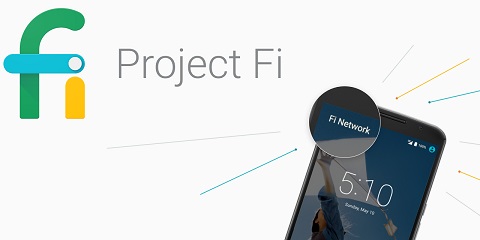PHILIPPINE regional trial court Judge Jocelyn Solis-Reyes has finally denied the petition for bail of Andal Ampatuan Sr., the principal suspect in the 2009 Ampatuan massacre that led to the death of 58 people, 32 of them journalists and media workers.

‘AS AN important note, however, the ruling of the court is not in judgment of guilt or innocence of the accused which requires proof beyond reasonable doubt which is addressed during a full-blown trial,’ Judge Solis-Reyes adds in her ruling denying the bail petition of Andal Ampatuan Sr. | Photo from interaksyon.com
Reyes, who is hearing the murder charges against the accused, denied Ampatuan’s bail plea more than five years after charges were filed against the suspects in what is now considered as the single deadliest attack against members of the media.
“Wherefore in view of foregoing and finding that evidence of guilt of accused is strong the bail petitions filed by Datu Andal Ampatuan Sr. are hereby denied,” Reyes said in her ruling according to a report of gmanetwork.com.
How influential are the Ampatuans in Maguindanao province? How well-connected are they? In 2013, the PCIJ released its documentary “Angkan,” which explored clan politics in the southern Philippine province.
Angkan Inc., is a documentary produced by the Philippine Center for Investigative Journalism in an effort to understand the past, present, and future links that define the clans that have ruled Maguindanao province for centuries. Maguindanao is one of several province whose ruling clans have a long historical and cultural heritage. As such, the clans are seen as very much a part of Maguindanao culture. However, the clans have, over the decades, also intruded into the local and national political scene with the help of patrons in Manila who see their use in the gathering of votes.
And how wealthy is Andal Ampatuan Sr? What are his businesses? Interestingly, the PCIJ found out in 2011 that while Andal Sr declared in his statements of assets, liabilities, and net worth that he is a simple farmer, he and his son, Zaldy, own more than 65 properties scattered throughout Maguindanao, Cotabato City, Davao City, and even in ritzy Dasmariñas Village in Makati, home to many foreign embassies and a refuge of the country’s rich and famous.
“These real properties range from a two-hectare farm lot in Cotabato City, to magnificent structures in Davao City and Shariff Aguak that tower over the simple abodes of one of the country’s poorest provinces. One residential property in Davao City alone covers at least 4,000 square meters, and has a mansion that dwarfs other high-end homes with its opulence.” – An Anarchy of Mansions
Click on the photo to read the full story.

The tall gates conceal the mansion in Juna Subdivision, Davao City, that is owned by Andal Ampatuan Sr. | PCIJ File Photo
Tomorrow: The money of the Ampatuans in the banks and how they tried to secure amnesty for their guns.

